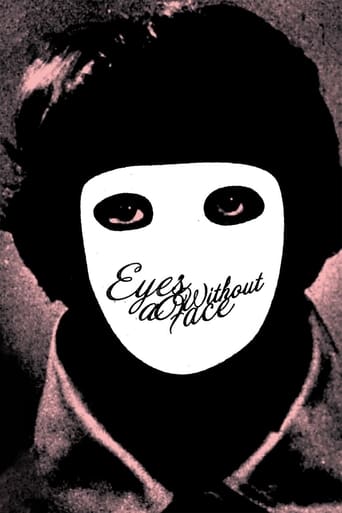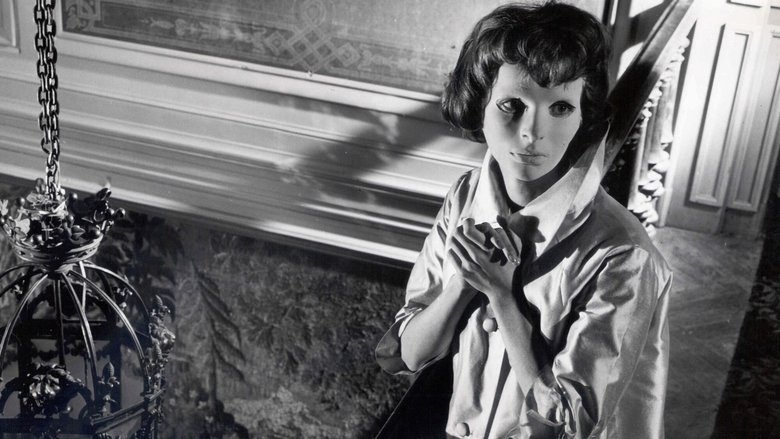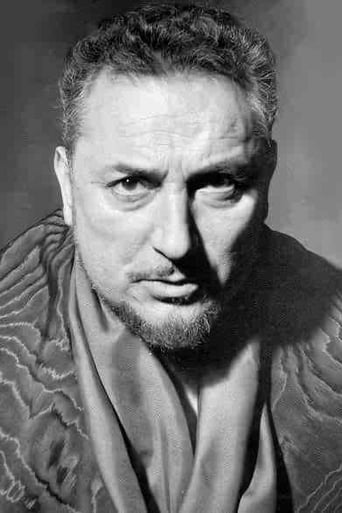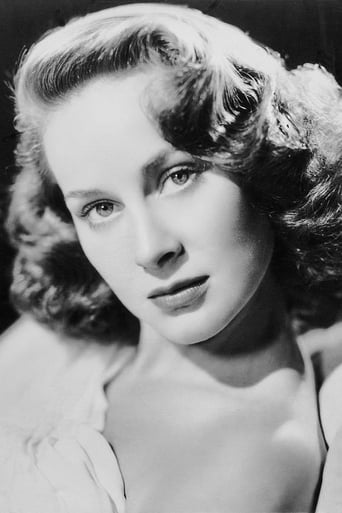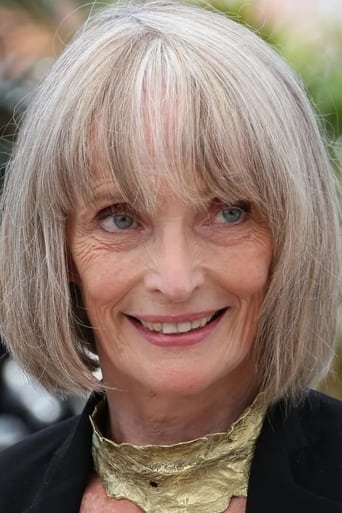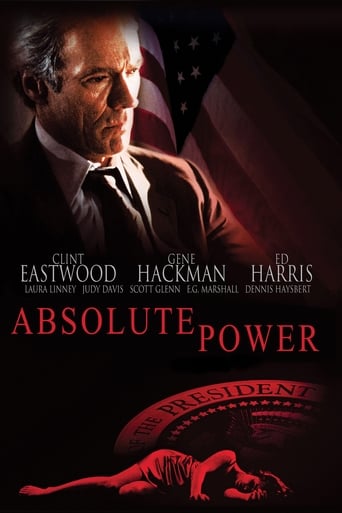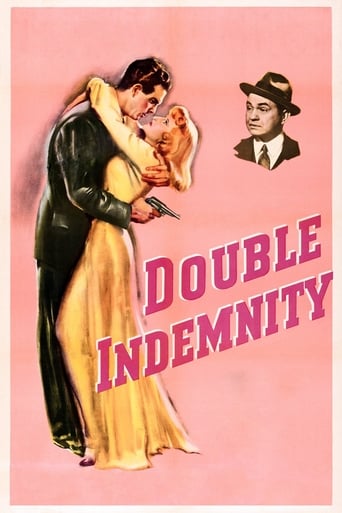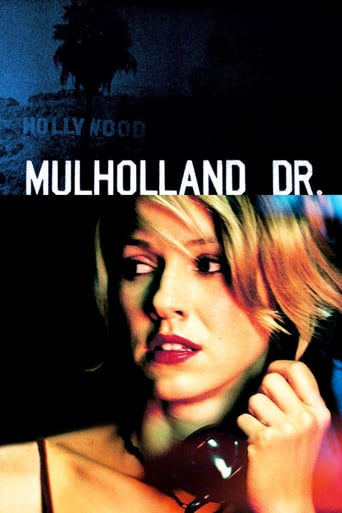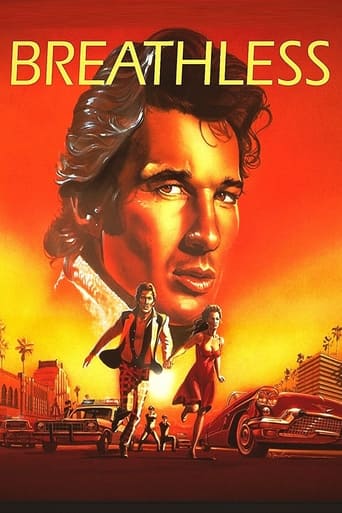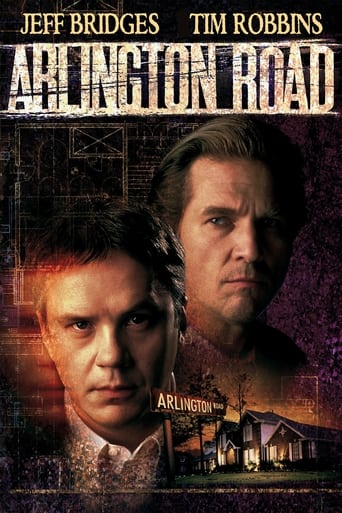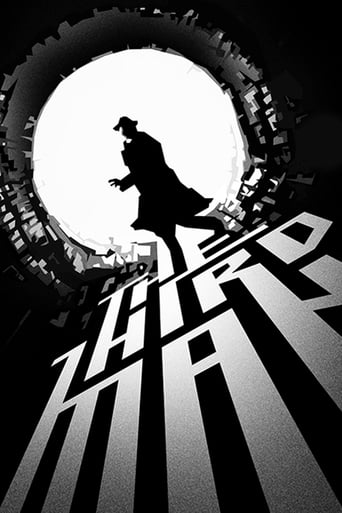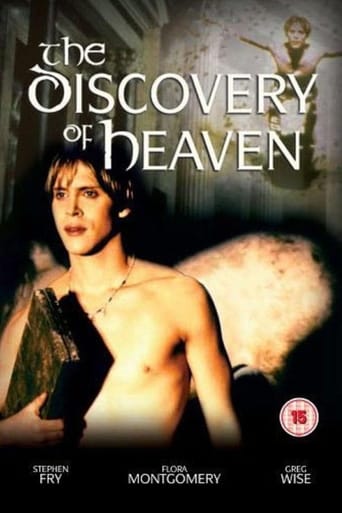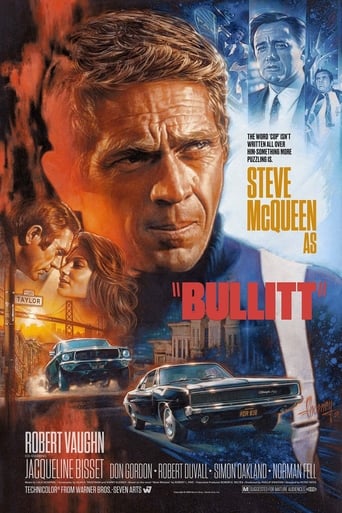Eyes Without a Face (1960)
Dr. Génessier is riddled with guilt after an accident that he caused disfigures the face of his daughter, the once beautiful Christiane, who outsiders believe is dead. Dr. Génessier, along with accomplice and laboratory assistant Louise, kidnaps young women and brings them to the Génessier mansion. After rendering his victims unconscious, Dr. Génessier removes their faces and attempts to graft them on to Christiane's.
Watch Trailer
Free Trial Channels
Cast


Similar titles
Reviews
The Worst Film Ever
One of the best movies of the year! Incredible from the beginning to the end.
It is a whirlwind of delight --- attractive actors, stunning couture, spectacular sets and outrageous parties.
Blistering performances.
This beautifully filmed and uniquely scored gem will haunt you. The combination of plausible story line and shocking (for the time period) imagery makes for a disturbing experience. The 1995 digital remaster of the original black and white print brings the quality up to modern standards. Unlike many French works from this era, the pacing is relatively brisk, though not at all like today's jump cut mania.
Eyes Without A Face is the type of horror film which earns more respect than your average film of the genre, thanks in part to its class and sophistication. It's essentially a glorified B-movie but one which turns archetypes found in the mad scientist genre on its head. After all, horror stereotypes are not actually scary; normal people acting in an abnormal way is what's truly frightening.Doctor Genessier (Pierre Brasseur) has the look of a potential madman even resembling the maniac John Barrymore yet remains subdue throughout the film as a man wrestling with his conscience. His assistant isn't a hunchback but rather a manipulative woman Louise (Alida Valli) who kidnaps young girls of the doctor's behalf; much like in William Wyler's The Collector, in which victims can be so easily kidnapped and taken to a secluded house without a trace. Without the creepy carnival like music she would appear a different character - not so manipulative and eerie; ah the power of editing.Eyes Without a Face presents by far the best combination I've ever seen of a movie which is unsettling yet beautiful at the same time; the two keywords which sum up the viewing experience. I'm not a massively squeamish person yet the thought of plastic surgery makes my body muscles tighten. Watching any scene with the facially disfigured Christiane (Edith Scob) makes me feel uneasy but simultaneously enraptured at the same time creating a unique combination of viewer emotion. Even with the absence of a woman's most important physical asset, Edith Scob is the pinnacle of femininity in Eyes Without a Face. The manner in which she walks and moves in that white coat-like dress couldn't be more angelic and I haven't even mentioned the mask. If there is ever a cinematic image more implanted into one's mind, it's Edith Scob wearing that mask. It's creepy, it's unsettling, it's emotionless, yet it's one of the most beautiful things I've ever seen more so than most flesh and blood faces. The masks used in the film where moulded to fit Edith Scob's own face, could that be the contributing factor to its beauty? Or is it the angelic figure which carries the mask, whose surrogate mother still brushes her hair despite the disfigurement.Equally as eerie and hauntingly beautiful is the only scene in which Christiane appears without the mask. Out of context it wouldn't entirely seem this way but the very idea that this face has been transplanted onto her from another girl is so uncanny to watch. This is also helped in part of Scob's stunning piece of facial acting in which the Christiane is not yet used to her new face with the limited, almost robotic like display of facial movements.My only issue with Eyes Without Face are two plot contrivances. At the beginning of the film when Dr Genessier identifies the remains of a recovered body as those of his missing daughter, the authorities at the morgue don't even bother asking the other man they asked to come along to look at the remains to view the body for himself. Likewise when the character of Paulette goes missing after leaving the hospital to investigate Dr Genessier on their behalf, the police don't follow up on her disappearance. Are these plot contrivances for the connivance of the plot or did the filmmakers deliberately set out to portray the authorities as being that incompetent?Regardless, such plot contrivances are only minor annoyance in a movie with such startling scenes, imagery and set design from the painting of Christiane's mother to Dr Genessier's chamber. I've long felt that a medical or laboratory like aesthetic is one of the most effective surroundings to capture in glorious black and white. This beauty culminates in the film's ending in which Christiane performs a simple undoing of everything her father has been working on. This is not a Charles Foster Kane style destruction of a room but rather she gracefully stabs her surrogate mother and symbolically sets dogs and birds used for Genessier's experiments free. Aside from the doctor getting mauled by the dogs, the ending is intense yet peaceful. Some films stick with you more than others: Eyes Without a Face is one of those which I found myself thinking about its visual images for days after seeing and they won't be leaving me soon.
EYES WITHOUT A FACE is widely considered to be one of the landmarks of horror cinema, helping to usher in a new wave of grisly, physical horror movies in the 1960s. Seen today it's a good companion piece to LES DIABOLIQUES, going for a gutsy, visceral approach rather than a psychological thriller style, although it still has plenty of character depth. The simple storyline, about a deranged surgeon trying to graft a new face onto his disfigured daughter, has proved hugely influential even to this day.The film benefits from strong direction which delivers a chilly atmosphere to the proceedings. There's no faulting the acting either, but really it's the script that makes this work; the story plays out in a cold, dispassionate way that links nicely with the events on the screen. Even today, the surgical scenes are shockingly graphic and disturbing, and really pack a punch. The film is a slow burner that builds to a Grand Guignol-style climax that works a treat.
I think this is less horror than it is a drama of existential anguish in which horrifying things happen; all of the characters in some way are struggling to hold together or discover a certain reality and the truthfulness of what is happening, with little to no result. Doctor Génessier, the father who has grievously wounded his daughter in a car accident and desperately seeks to repair his daughter's face is a brilliant play on the 'mad scientist' archetype: he has a realised goal to which all of his energy is channelled, but he doesn't flail around with typical melodramatic ambition. His eyes are haunted and distant, and when he communicates with the outside world it is often brief philosophical responses. In all his preoccupation he seems to exist restlessly in a purgatory. But this purgatory is beautiful though; a subdued monochrome world built on fairly quiet visuals that are sharply punctuated by moments of horror which are surprisingly gruesome for 1960.One of the most disturbing scenes in the film comes at a moment when the Doctor presents a slideshow charting the gradual failure of a skin graft operation. We see pictures of his daughter's face as the body slowly rejects it and it becomes more deformed, and we wonder what he is willing to do to achieve success, and how much she has to suffer in its pursuit. There are moral ambiguities here, but his goal is not as unreasonable as it is his methods. He coldly buries someone's daughter under the pretence that it is his own, he ensnares young women in his house, and he keeps dogs and birds locked away somewhere in his cellar like a fairy-tale villain, the said dogs cruelly confined in these odd, almost space-age pens. But the ultimate emotional pain comes from his daughter, Christiane, who is the final victim of all this, as she to carry the weight of everything her father does, which is supposedly for her. Her introduction is marvellous, using the striking mise-en-scene and confusing spatiality of the mansion to great surreal effect. It reminded me of The Shining, which uses a similar effect in the geographical discrepancies of the Hotel to maintain a sense of isolation and discomfort. We follow Doctor Génessier as he arrives in the dark, obscured cellar of the mansion, his arrival greeted only by the endless barking and howling of the dogs. He then slowly begins to ascend through the levels of the house; at first quite foreboding with the high windows and cage-like chandelier, and then quite comforting in the final floor of the house, which is soft and serene with its white corridors and crackling fireplace. This is almost a hell to heaven transition, but Christiane's situation is too painful for this to be heavenly. She is locked away like a princess in a tower, and her rescue is not imminent. One of the most singularly beautiful and yet haunting images is the mask she wears to disguise her face. This is a testament to the ability of Edith Scob who has to convey almost entirely through the eyes, the striking emotion of which is painfully juxtaposed against the inhuman stillness of the mask. I wonder how Keanu Reeves would emote if he were to wear a mask like this. When she calls her fiancé (who is believes she is dead) but cannot bring herself to speak is now probably the single greatest silent phone call I've seen, which is refreshing because the call-but-not-a-call can be an insufferable cliché sometimes. I wish the two Policemen had been given a little more development. There was perhaps a little comedy that could have been found in the veteran/rookie pairing, which could have lightened the load of all the melancholy, if only briefly, but if not that just a little more character to heighten the dramatic value of their investigation a little more. I look to The Exorcist for an interesting secondary story, in which the Policeman character creates a conflict between our need to see him succeed or escape harm and our interests in their MacNeil family and their wellbeing. The eventual plan of the Police in order to ascertain the guilt of Génessier felt a little weak though, as they use a decoy to try and prove their suspicions, yet don't do anything to make sure they are nearby and could intervene if her safety is compromised. But maybe that's just a misguided attempt at trying to suggest 'improvement'. This film is a stunningly poetic look at the longing for identity, a theme which finely presents itself in the characters. Louise, Génessier's assistant, is the only one to have had a successful face transplant, yet despite this sense of self she fails to integrate into society, and instead helps Génessier with his crimes. Her presence is always accompanied by this slightly menacing fairground-esque music, or something echoing a carnival, which is appropriate because she is a freak-show, presenting the dire moral implications of Génessier's pursuit. In the end, Christiane, who like a Snow White, complete with the birds fluttering around her shoulders, is almost beautiful, yet the physical sense of self has not been reconciled with the soul. The eyes are considered windows to the soul, but how much of that soul remains if those eyes are without a face?

